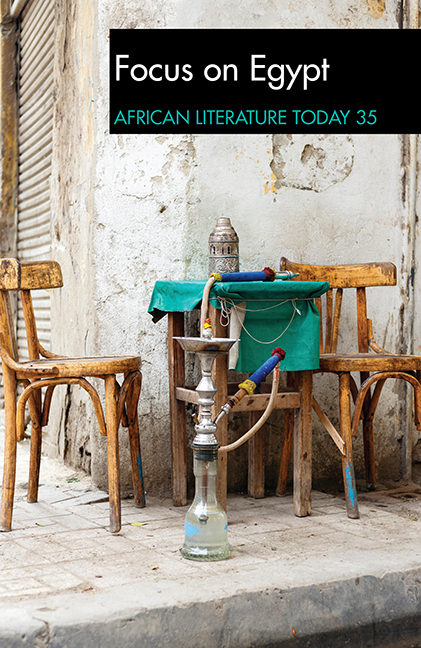In Memoriam: Professor Isidore O. Okpewho,1941–2016
from TRIBUTE
Published online by Cambridge University Press: 24 August 2019
Summary
When the newsof the passing of Professor Isidore Okpewho – ‘Prof’, asthose of us who came under his tutelage called him in aweddeference and fondness – broke, it caused so much sadness atthe loss of one of the finest scholars of the oral arts thatAfrica has produced. But it has also been a personal loss tome as I miss my teacher and mentor of decades.
I was asophomore at University of Calabar, Nigeria, taking arequired course on oral literature, when I first heard ofProfessor Isidore Okpewho's prominence in the discipline. Inthe first semester of that year, I had purchased a fat texttitled Oral Literature in Africa by RuthFinnegan. It was regarded as the bible of oral literaturestudies then, and in those days, you knew a student was asecond year English major when you saw them proudly sportinga copy of Finnegan's book with its distinct yellowish cover.However, our Oral Lit instructor that year, NdubuisiOsuagwu, a freshly minted PhD, was giddily telling us abouta young Nigerian scholar at University of Ibadan who wasbusy demolishing one of the controversial claims inFinnegan's book, that Africa didn't possess epic poems.Osuagwu swore by this Ibadan scholar, told us he was boundto become the youngest scholar to be promoted fullprofessor, that he was taking the field in a radicallydifferent and exciting direction. He was, of course,referring to Isidore Okpewho, who by then was best known asthe author of the novels The Victims,starring foolish Obanua and his desperate wives, andThe Last Duty, where quite a few of usignored the Nigerian Civil War at the heart of that noveland were enamoured of the servant Odibo's awakenedmasculinity. I'm not sure my dear Dr Osuagwu even possesseda copy of Okpewho's The Epic in Africa, theseminal text in which Prof was basically saying, ‘Yes, Ruth,the epic gloriously exists in Africa’. But he had graspedthe full significance of Prof's historic feat in that firstmonograph, which had sprung from his doctoral dissertationat University of Denver, for those of us in that class whowould pursue oral literary studies further, we knew that thetrajectory of our fieldwork had been irrevocablyaltered.
- Type
- Chapter
- Information
- ALT 35: Focus on EgyptAfrican Literature Today 35, pp. 273 - 279Publisher: Boydell & BrewerPrint publication year: 2017

